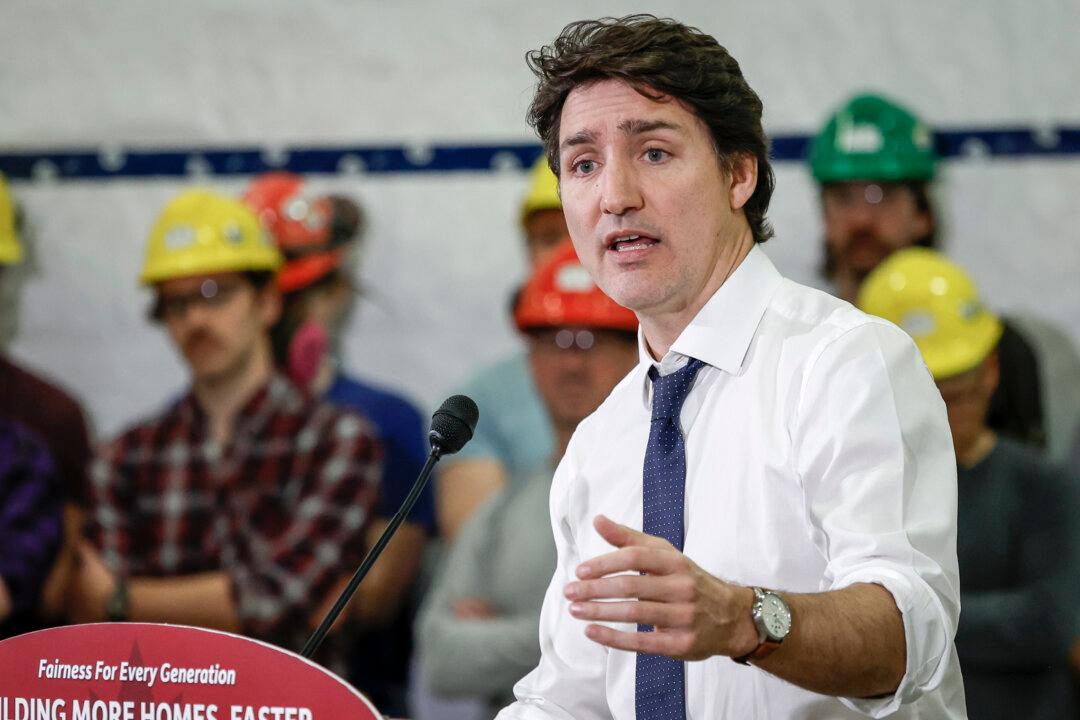Never before has a government orchestrated such a media blitz ahead of its budget announcement. And as the Liberals unveil their 2024 budget items one by one—each with its own press conference—they have their sights set on voter polls and the coming election, says political science professor Nelson Wiseman.
Although the election is due by October next year, it could come sooner.





